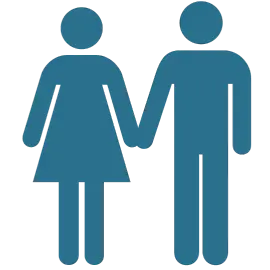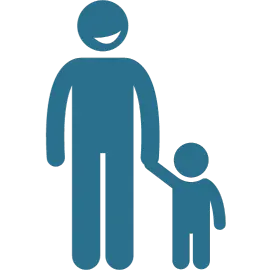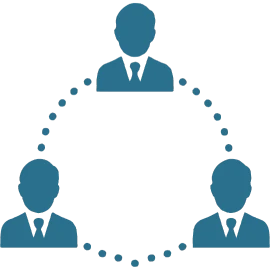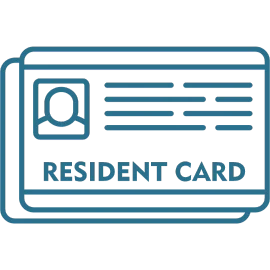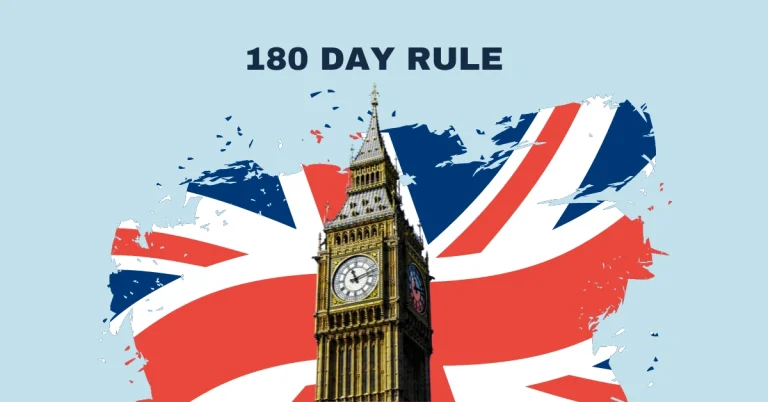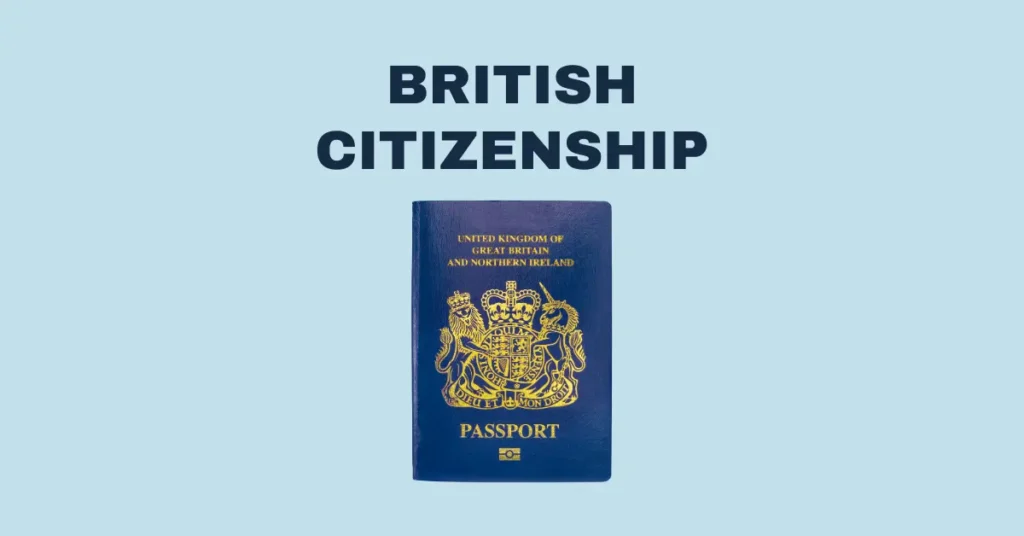The rule states that you may not be absent from the U.K. for more than 180 days in any 12 month period.
The rule is misinterpreted in two ways.
1: 180 day rule applies from January 1st – December 31st.
Clock resets each year.
2: 180 day rule applies each calendar year from when you are first granted your visa.
Clock resets each calendar year.
Example
You receive your visa on the 12th December 2022, and so the clock resets on 12th December 2023
The above interpretations are wrong.
Why is that?
Here’s the clue, and it’s one small tiny word.
*ANY* 12 month period. – Yes ANY!
This means if the Home office caseworker were to choose any 12 month period when looking at your residence, your absences must not have exceeded 180 days. This basically means any 12 month period within the preceding 5 years of the ILR Settlement application date.
So how do people get caught out by this?
Example:
You are in the U.K. on a spouse visa. Due to work and family commitments you spend time outside the U.K.
You think the clock resets every January, so you plan to be away from June – December in 2022.
You come back for Christmas and leave the U.K. again from January 2023 – June 2023.
Because the clock does not reset and the rule applies to any 12 month period, this will delay your chances of getting settlement (commonly known as Indefinite Leave to Remain / ILR).
Words make a difference. However small. The UK Immigration Rules are precise and Home Office caseworkers will follow the rules in making a decision.
Was this helpful? Contact us today.
Call us on 01293 522275



